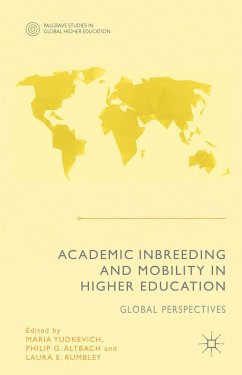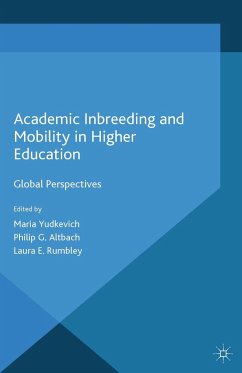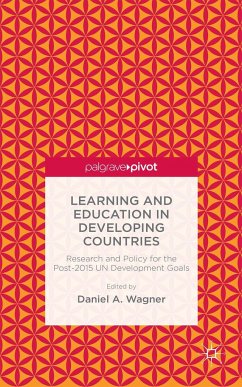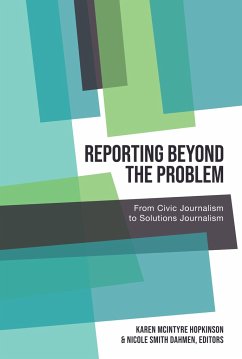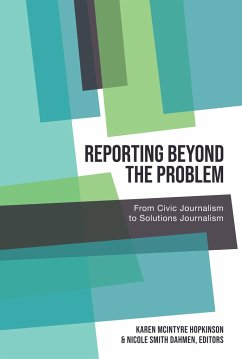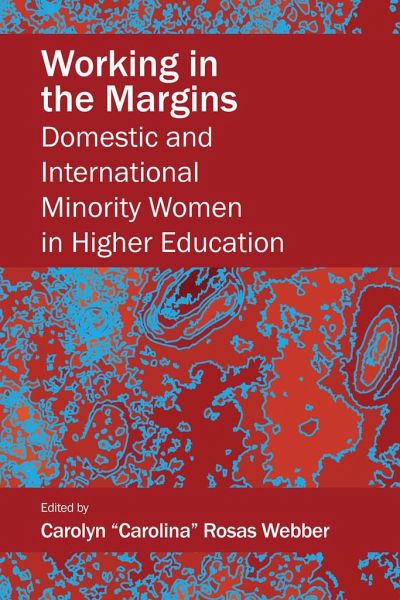
Working in the Margins
Domestic and International Minority Women in Higher Education
Herausgegeben: Webber, Carolyn "Carolina" Rosas
Versandkostenfrei!
Versandfertig in 6-10 Tagen
95,35 €
inkl. MwSt.
Weitere Ausgaben:

PAYBACK Punkte
0 °P sammeln!
The major theme for this book is that differences in identity continue to matter in all aspects of culture including the classroom and academic workplace. Women in academia continue to experience racism, ethnocentrism, nativism, sexism, and classism in higher education. Working in the Margins is an edited volume comprised of works by domestic and international communication scholars of diverse backgrounds in citizenship, language, ethnicity, race, class and educational heritage (first or second generation college educated). The title of this collection is a double entendre of the marginal plac...
The major theme for this book is that differences in identity continue to matter in all aspects of culture including the classroom and academic workplace. Women in academia continue to experience racism, ethnocentrism, nativism, sexism, and classism in higher education. Working in the Margins is an edited volume comprised of works by domestic and international communication scholars of diverse backgrounds in citizenship, language, ethnicity, race, class and educational heritage (first or second generation college educated). The title of this collection is a double entendre of the marginal place the contributors occupy in U.S. systems of higher education and how they reclaim these ascribed positions by invoking their bodies as text and communicating their stories of difference. Each chapter draws on critical and feminist perspectives and also intersectionality to develop critical strategies for teaching, surviving and/or thriving in higher education. The authors use autoethnography and other forms of storytelling to illuminate how they work in the margins of their difference to transform student learning and minority experiences in higher education. This volume is an excellent resource for undergraduate and graduate students, educators, and administrators in various fields of study, and particularly communication, education and ethnic studies. It is an important volume for students and scholars seeking to understand complex relationships among communication, identity, and power; seeing critical pedagogy at work; and using qualitative methodology. It is a highly recommended book for women and people of color transitioning from graduate school to professional academic positions.






